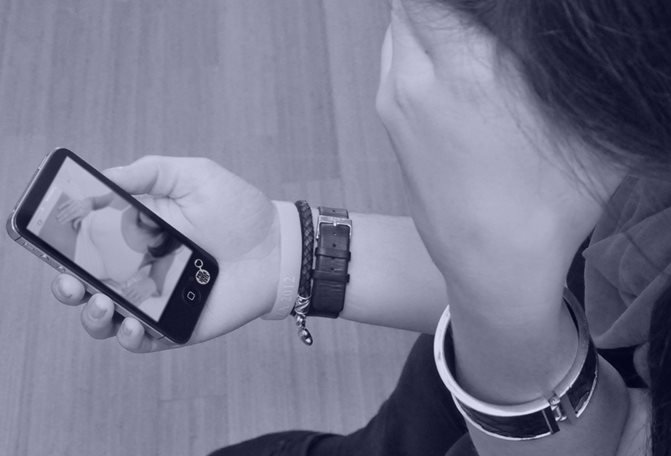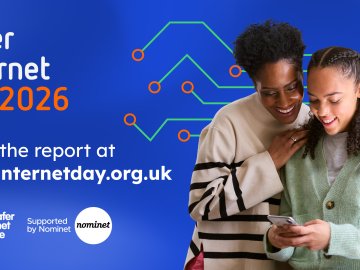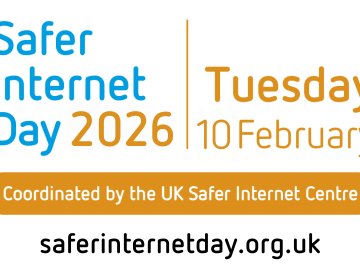Sexting is the act of sending sexually explicit messages or photos electronically, primarily between mobile devices.
Much of the attention to date from the media and policy makers, around sexting, has focussed on the extent of incidents and trying to quantify the various aspects of sexting.
To help gain a better understanding of sexting among young people in the UK, SWGfL/UK Safer Internet Centre and Plymouth University are undertaking a research project to gain a better understanding of sexting among young people in the UK.
To help with this we are conducting two surveys; one for schools, and one for 11 to 18 year olds.
Schools survey
Questions are focused on the frequency of issues, together with the reporting opportunities offered by the school and the capability and confidence of staff to recognise, respond and resolve issues.
11-18 year olds survey
Questions focus on young people's exposure to and experience of sexting. Some young people might find some of these questions uncomfortable. The survey is voluntary and completely anonymous, particpants should not share any personal details.
These short, anonymous research surveys aim to better understand:
- The influences and pressures that drive behaviour, the impact of these practices, and the support being asked for by young people.
- The frequency and capability that schools have to respond effectively to incidents.
To help inform schools and improve their understanding and ability to manage sexting incidents, specific responses will be reflected back to those schools that take part.
Any data collected in the surveys will be used solely for this research project. Data is held entirely anonymously and there is no way to identify individuals. The data will not be accessed by anyone other than the research team at the Plymouth University.
SWGfL/UK Safer Internet Centre and Plymouth University have published a number of reports to better understand the ways young people use mobile and Internet technologies to share personal images among friends. These include:






